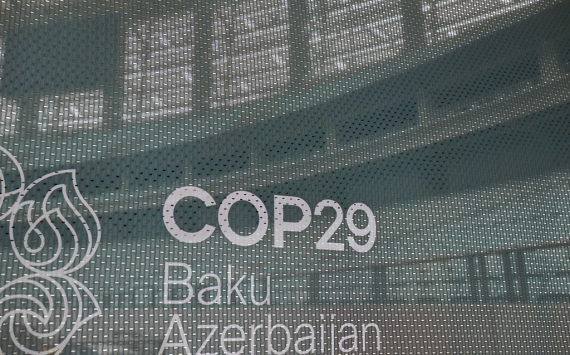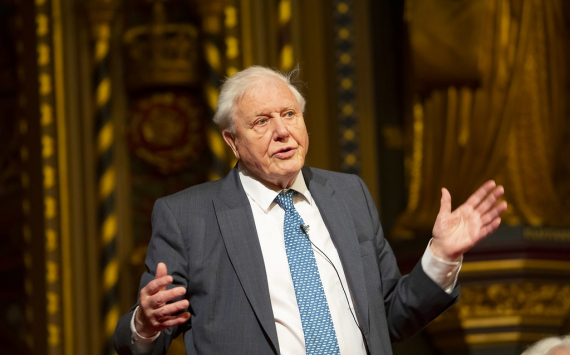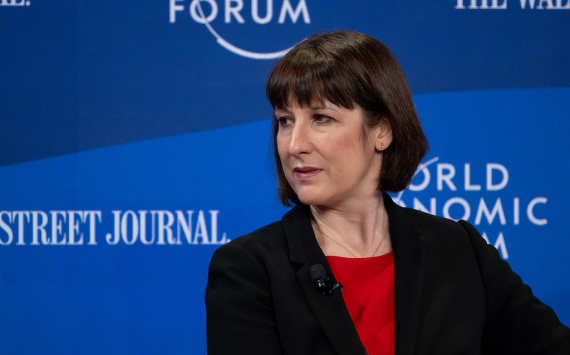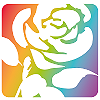
Government WhatsApp Controversy
Ministers who delete their WhatsApp messages may now face criminal sanctions, as emphasized by the Information Commissioner, John Edwards. The warning comes as the government addresses concerns over transparency and the leaking of sensitive messages, with WhatsApp at the center of these controversies.
In late March, the implementation of new regulations by the government addressed the controversy and sparked a significant debate surrounding the utilization of WhatsApp and comparable messaging platforms, all stemming from leaked messages of former Health Secretary Matt Hancock to the Daily Telegraph. This event shed light on the importance of conducting official government business through appropriate channels.
New Rules and Statements
Information Commissioner John Edwards stressed the need to avoid enabling auto-delete for WhatsApp messages in government matters. Failure to comply may lead to prosecution. Although "disappearing messages" can be beneficial in reducing overload, they should not hinder recordkeeping or transparency. Ministers are required to forward government-related messages to an official system.
Mr. Edwards, speaking to the Public Administration and Constitutional Affairs Committee (PACAC), reiterated that ministers should not use disappearing messages for government activities. When asked about the sanctions for non-compliance, he highlighted the potential for criminal penalties when failing to maintain or destroy official records.
Concerns and Reactions
The leaking of Matt Hancock's messages raised concerns among opposition parties, with calls for ministers to demonstrate honesty, integrity, and transparency rather than relying on disappearing messages. Christine Jardine, the Liberal Democrat spokesperson for the Cabinet Office, emphasized the importance of an open democracy, where ministers should not evade transparency.
Row with the Covid Inquiry
The Cabinet Office found itself in a dispute with the Covid Inquiry, leading to an unprecedented situation where the government sued its own inquiry. This conflict arose when chairwoman Baroness Hallett demanded unredacted versions of Boris Johnson's WhatsApp messages. The inquiry's request shed light on the contentious issue of ministers' WhatsApp usage and further amplified the need for transparency.













































